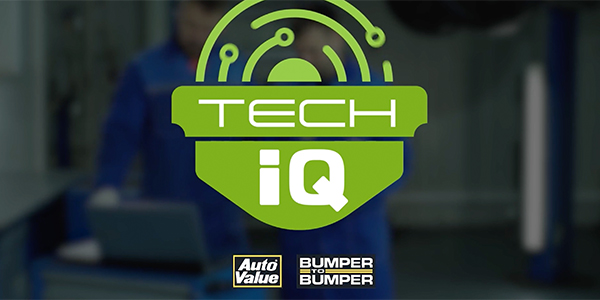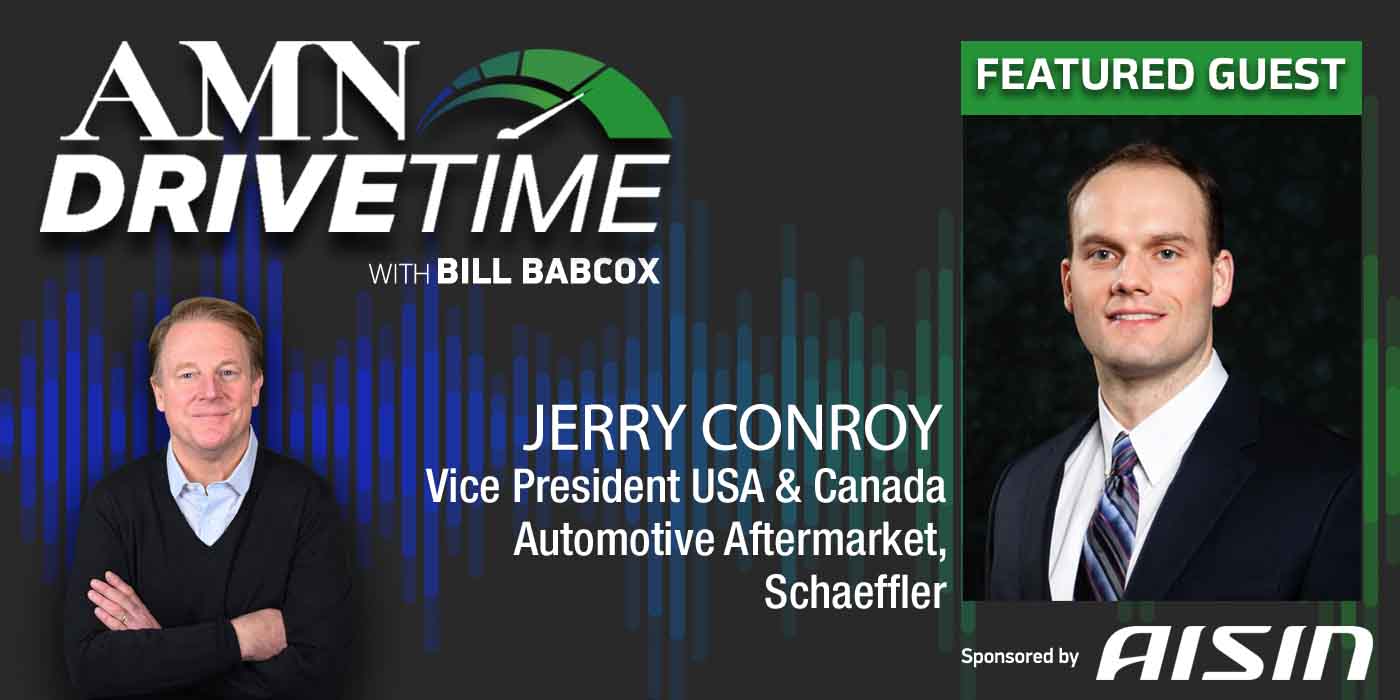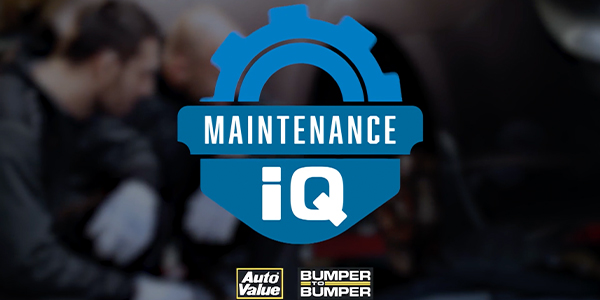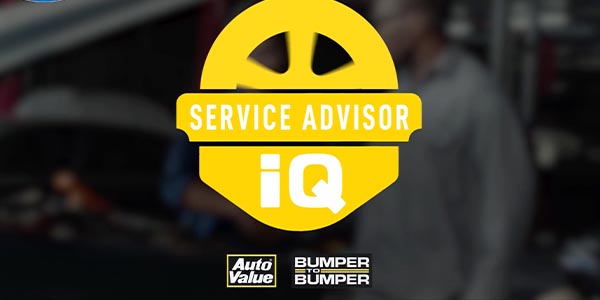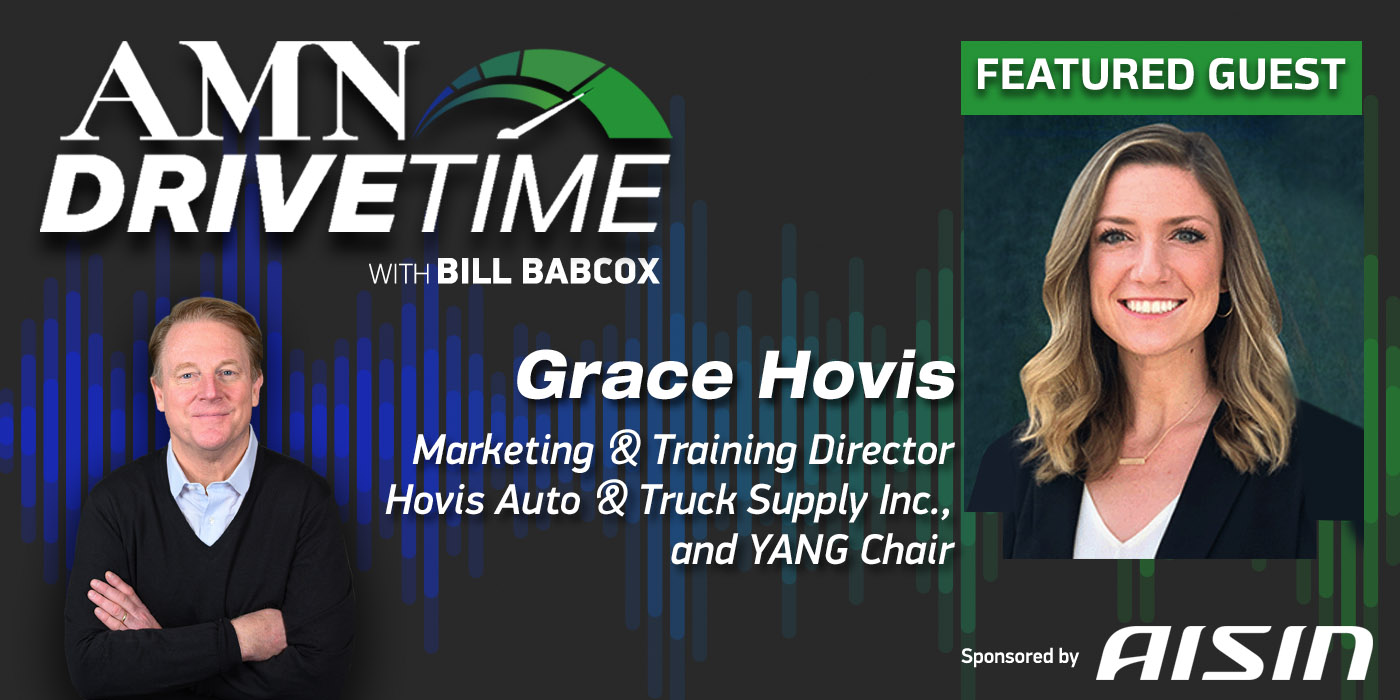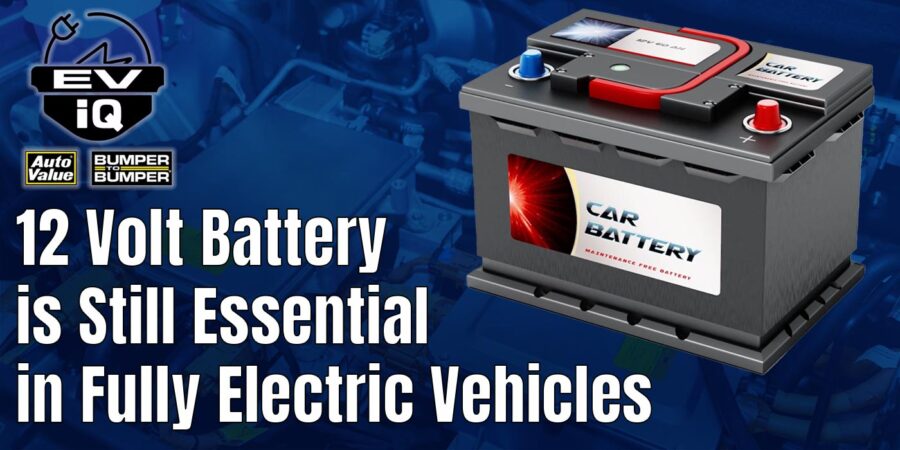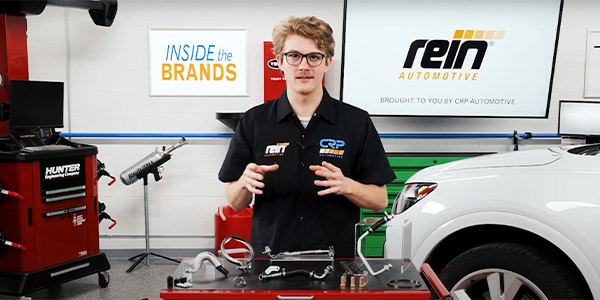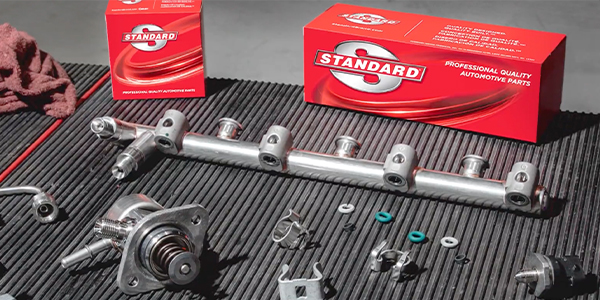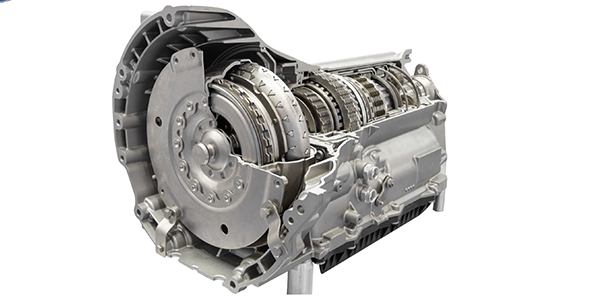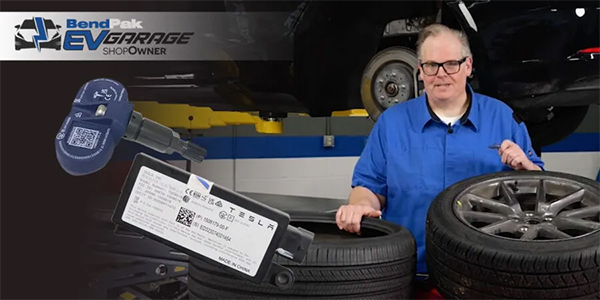The finishes of this crankshaft journal and engine bearing look like glass don’t they? Highly polished, they fit together like a glove.
Unfortunately, as smooth as these surfaces appear, without proper lubrication they’ll grind against each other like sandpaper on corduroy, causing catastrophic engine failure.
Even the most highly polished metal surfaces are actually very rough. Microscopically, the metal is composed of peaks and valleys – and as engines wear past 75,000 miles, the metal can break off and get even deeper and rougher. Without something to protect them, engine parts will wear down, causing reduced gas mileage, lower horsepower and reduced engine life.
Wear and tear really starts taking its toll on your customers’ engines at around 75,000 miles. Because the average age of the cars on the road today is nearly 12 years, and 60 percent of them are considered high mileage vehicles it’s all the more critical to begin giving engines special care at 75,000 miles – they’re going to need it to help them go another 125,000 miles.
Here’s what you’ll probably start noticing in engines when a car hits middle age. The various rubber gaskets and seals shrink and harden, which may cause oil leaks that force your customer to add oil and clean their driveway at the very least.
High-mileage motor oils are specially created using a blend of natural and synthetic oils or even more robust base of entirely synthetic oil as their foundation. These purpose-formulated lubricants contain seal conditioners to rejuvenates gasket material, filling the gaps that opened when they shrank and hardened.
Be cautioned though – some brands of oil only add seal conditioners without addressing any of the other problems older engines face. It’s not always enough – General Motors dexos certification for high-quality motor oil set high standards for a range of additional factors, including deposit control, piston cleanliness, oil consumption, aeration and oxidation of the oil. Only products that address these concerns effectively receive the dexos seal.
Detergents, just as they do when washing your laundry, prevent contaminants from depositing on the interior surfaces of the engine.
Remember the smooth surfaces that really aren’t? The best ingredient for preventing wear is phosphorus – it works very well at reducing wear, but can be harmful at high concentrations to catalytic converters that scrub pollution from cars’ exhaust. Because the use of phosphorus is strictly limited in all motor oils, there are “proprietary” ashless anti-wear additives to make up for it.
Oxygen is necessary for life, but it is hard on your engine’s oil and internal parts. Oxidized steel is rust and oxidized oil turns to sludge – anti-oxidation additives to fight the tendency of high temperatures inside engines to encourage oxidation.
In the old days, your customers might switch to a much thicker motor oil to help minimize how much oil slips past piston rings and gets burned in the combustion chamber. However, modern engines and increasingly tight clearances mean that drivers should always use the oil specified by the manufacturer, even though that is often watery-looking 0W-20.
When you identify the early signs of aging in your customers’ cars, be sure you’re recommending the right lubrication to keep them on the road longer.
This video is presented by The Group Training Academy.


